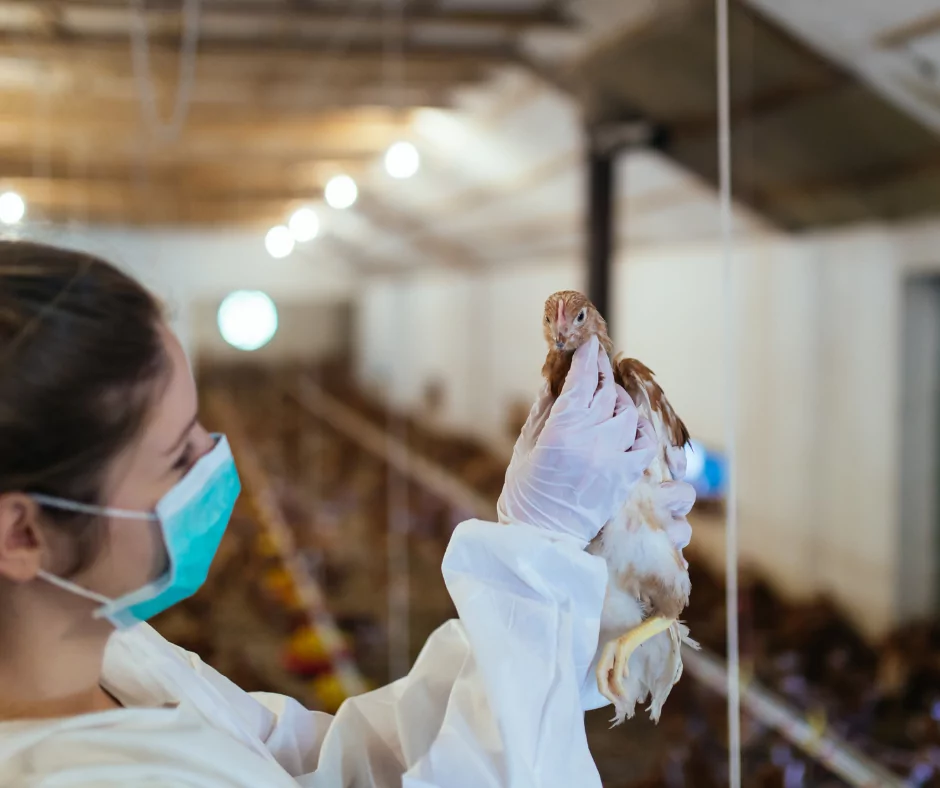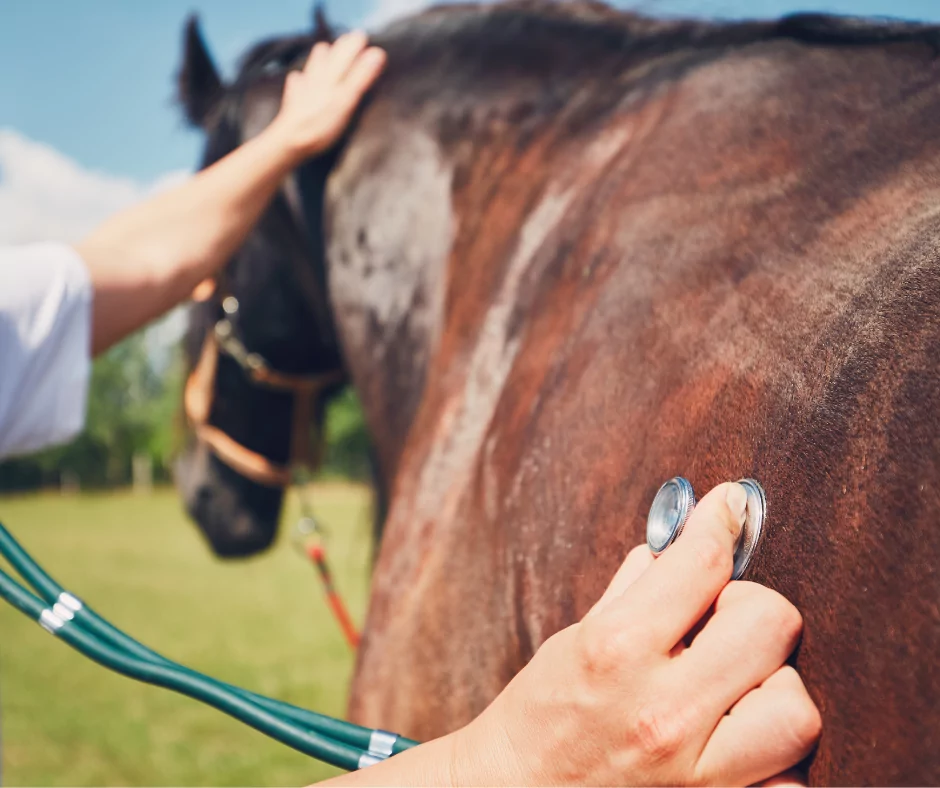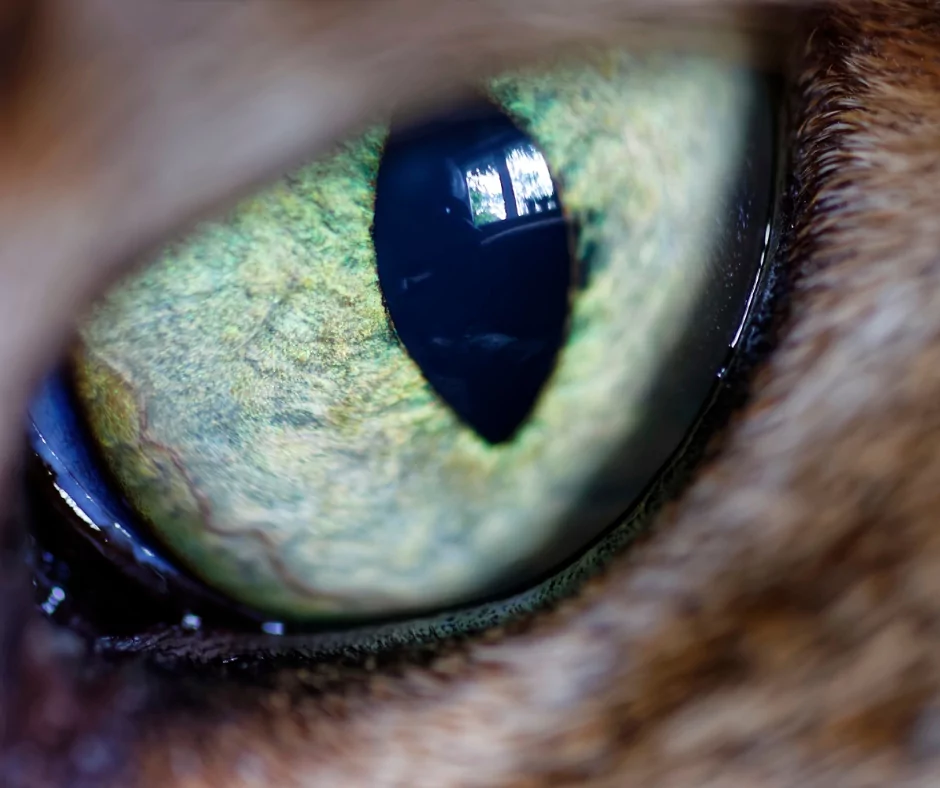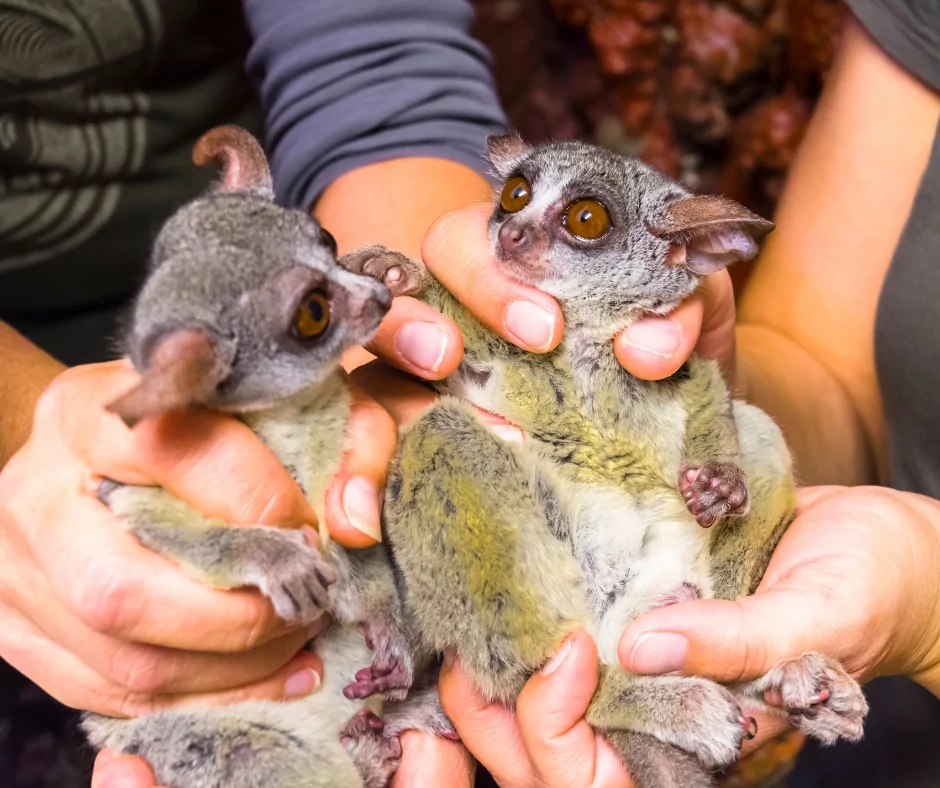What are the Different Veterinary Specialists?
There are so many avenues to explore in the world of veterinary medicine. When working towards a degree in veterinary medicine, a certain area may spark your interest. Luckily, there are several different veterinary specialties to choose from in this field.
A veterinary specialist is a veterinarian who specializes in a clinical category of their choice. This usually requires additional education, internships or clinical rotations, and residencies in their field of choice. Each specialty can vary in their required education, and how long it will take to become a specialist.

How do You Become a Veterinary Specialist?
Once you become a Doctor of Veterinary Medicine, you can begin to explore the options of veterinary specialties. Each category will have its own requirements to become specialized, but the path is generally similar.
Once you find a field of interest in veterinary medicine, you can begin to go down the path of specializing. Generally, you will have to obtain additional education about your subject, participate in an internship, and complete a residency in a setting that fits your specialty.
After you have finished your training, you can take a step further and become board certified. You do this by sitting for an examination created for your specific subject area. Becoming a board-certified veterinary specialist is considered one of the highest honors in veterinary medicine.
How Long Does it Take to Specialize in a Certain Area of Veterinary Medicine?

Before you begin to think of veterinary specialties, you must first obtain your doctorate in veterinary medicine. Once you have completed this step in your education, you can follow the path to specialty.
While each area will have its own requirements, it generally takes anywhere from three to five years to finish the process of becoming a veterinary specialist. These three to five years are on top of the four years you spend obtaining your degree in veterinary medicine.
Once you have become specialized, you will be required to complete additional continuing education (CE) each year to stay up to date in your specialty of choice.
Highest Paid Veterinary Specialists
When you become a specialized veterinarian, your annual income will hopefully show off the hard work you have put into your career. Each specialty will have a range of different salaries in different parts of the world, but ophthalmology ranks highest on the list in terms of salary for veterinary specialists.
Generally speaking, a veterinarian specializing in ophthalmology has a median income of $199,000. Some ophthalmology specialists have been recorded to make an impressive $345,000. Ranking close behind in salary are veterinary pathologists, veterinary surgeons, internal medicine specialists, and veterinary radiologists.

List of Recognized Veterinary Specialties
There are currently 22 AVMA recognized veterinary specialty organizations, each comprising of 41 specialties. These specialties include:
- Anesthesia–focus on pain associated with veterinary procedures.
- Animal welfare–specialized training and experience in animal welfare.
- Behavior–additional training in animal behavior.
- Dentistry–performing procedures on animal teeth specifically.
- Dermatology–studying diseases and conditions of the skin.
- Emergency and critical care–emergency doctors and intensive care specialists.
- Internal medicine (cardiology, neurology, oncology)
- Cardiology– the study of diseases and conditions of the heart.
- Neurology– a study of diseases and conditions of the brain, spinal cord, and nervous system.
- Oncology–the study of tumors and cancer.
- Laboratory animals–working in research and ensuring the care of lab animals.
- Microbiology–the study of viruses, bacteria, fungi, etc.
- Nutrition–a study of the diets of animals.
- Ophthalmology–studying diseases and conditions of the eye.

- Pathology–studying diseases in animals.
- Pharmacology–studying medications/drug effects on animals.
- Poultry veterinarians–working with chickens, turkey, or ducks in a food production setting.
- Preventative medicine–study diseases and their prevention.
- Radiology–focus on the study of x-rays, ultrasound, CT, MRI, etc.
- Sports medicine and rehabilitation–focus on the normal function after injury, for example in racehorses.
- Surgery–specializes in surgical procedures in either small or large animals.
- Orthopedics–focuses on bones, joints, ligaments, tendons, etc.
- Soft tissue injury–focuses more on internal organs and non-bone tissues.
- Theriogenology–specializes in animal reproduction.
- Toxicology–studying the effects of poisons and other toxic substances on the body, and how to treat them.
- Veterinary Practitioners–breaks down into multiple specific categories of a practice that treats each individual species. (avian, equine, feline, canine, exotics, etc.)
- Zoology medicine–working with zoo collection animals and wildlife.

Veterinary medicine is filled with career possibilities and different avenues you can explore. It is encouraged to follow any special interests you may take in a specific part of this field, and see what options await you!
